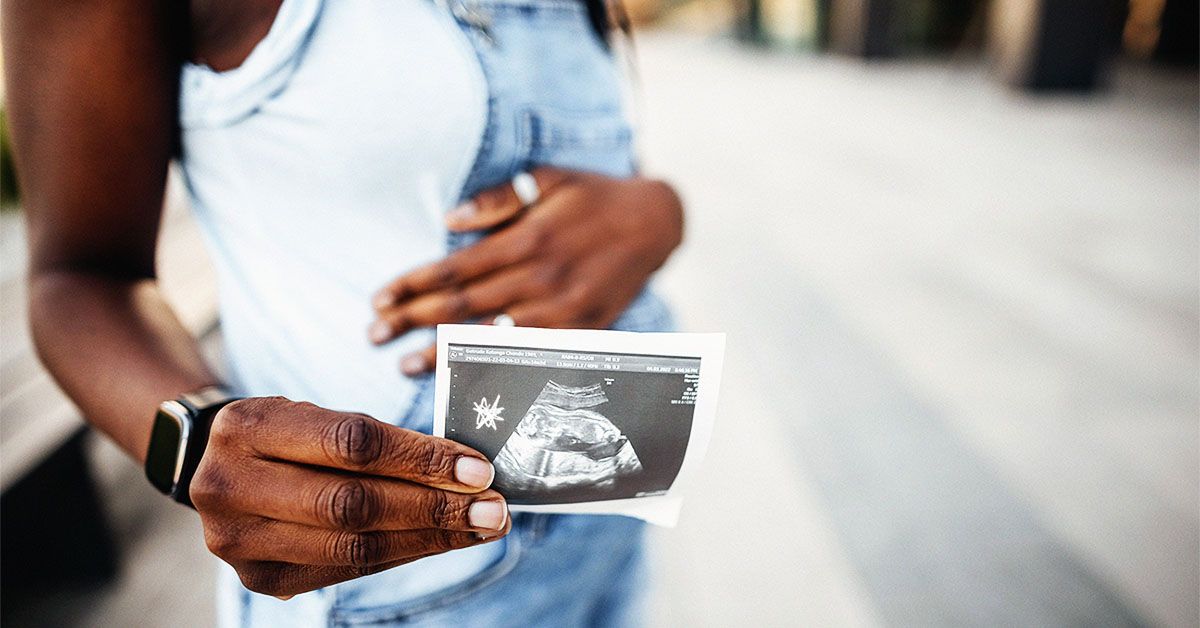There is no evidence that abortions directly cause ectopic pregnancy. In countries where pregnancy termination is legal and accessible, abortions are generally very safe.
Some older research found an association between abortion and a higher rate of ectopic pregnancies, but no recent large-scale studies have replicated these results.
However, pelvic infections are a risk factor for abortions. As infections are a
Read on to learn more about whether abortion has links to ectopic pregnancy.
The American College of Gynecology (ACOG) does not list previous abortions as a risk factor for ectopic pregnancy. This is because there is not enough evidence to suggest a causal link.
Some older studies did find an association between the two. For example, a 1995 study examined three groups of patients: those who had experienced ectopic pregnancy, those who had given birth at full term, and nonpregnant people who were in hospital for other reasons.
In total, 35 of the 158 people who had ectopic pregnancy had previously had an induced abortion. This is equivalent to 22%. In the group who had healthy babies, 12% had previously had induced abortions, and in the nonpregnant group, the figure was 18%.
The researchers found that a higher number of abortions corresponded to a higher risk. This led them to suggest that there may be a dose-dependent relationship between abortion and ectopic pregnancy.
However, no recent or larger-scale studies have confirmed this relationship, and some have contradicted it.
For example, a large
A 2007 study also notes that the safety of surgical abortions in the first trimester is “well-established.” It also subsequently found that medical abortions, which involve taking a drug, are not associated with an increased risk of ectopic pregnancy in comparison.
Additionally, because abortion methods have evolved over time to become safer and more effective, these older studies may not apply to the techniques doctors use today. This makes it difficult to draw any conclusions.
Ectopic pregnancy occurs when a fertilized egg implants somewhere other than the uterus, usually in the fallopian tubes. Doctors do not always know why this occurs, but one of the known risk factors is infection.
Infections of the reproductive tract can be a complication of surgical abortions. However, in safe, legal abortions, this is rare, and doctors can treat them promptly with antibiotics. Some may also recommend antibiotics to prevent infections from developing.
- smoking
- older maternal age
- a history of previous ectopic pregnancies
- a history of pelvic infections
- damage to the fallopian tubes
- using assistive reproductive technology, such as in vitro fertilization
- getting pregnant while using an intrauterine device
- exposure to diethylstilbestrol, a harmful type of estrogen that doctors prescribed to pregnant people between
1940 and 1971 that can affect their offspring
However, these factors do not guarantee that ectopic pregnancy will occur — they only raise the risk.
Safe abortions rarely affect a person’s ability to get pregnant in the future. People can become fertile again fairly quickly, sometimes before their next period.
For this reason, individuals may discuss plans for contraception as part of their appointment so that they can control when they become pregnant in the future.
It is a myth that abortions cause infertility. In fact, one 2016 study in Finland found that those who were pregnant for the first time and had previously had an abortion were less likely to get fertility treatments than those who had never had an abortion.
Rarely, abortions can cause complications that may affect fertility if someone does not receive treatment for them, such as pelvic inflammatory disease. However, this is unlikely in places where people can access legal abortion care.
Some older studies have found an association between abortion and higher ectopic pregnancy rates. However, there have been no recent, large-scale studies on modern pregnancy terminations that have confirmed any link. There is currently no evidence that one causes the other.
Other factors, such as smoking or infections, are known to increase the risk of ectopic pregnancy. However, in the general population, the overall risk of ectopic pregnancy is very low, with rates of approximately





